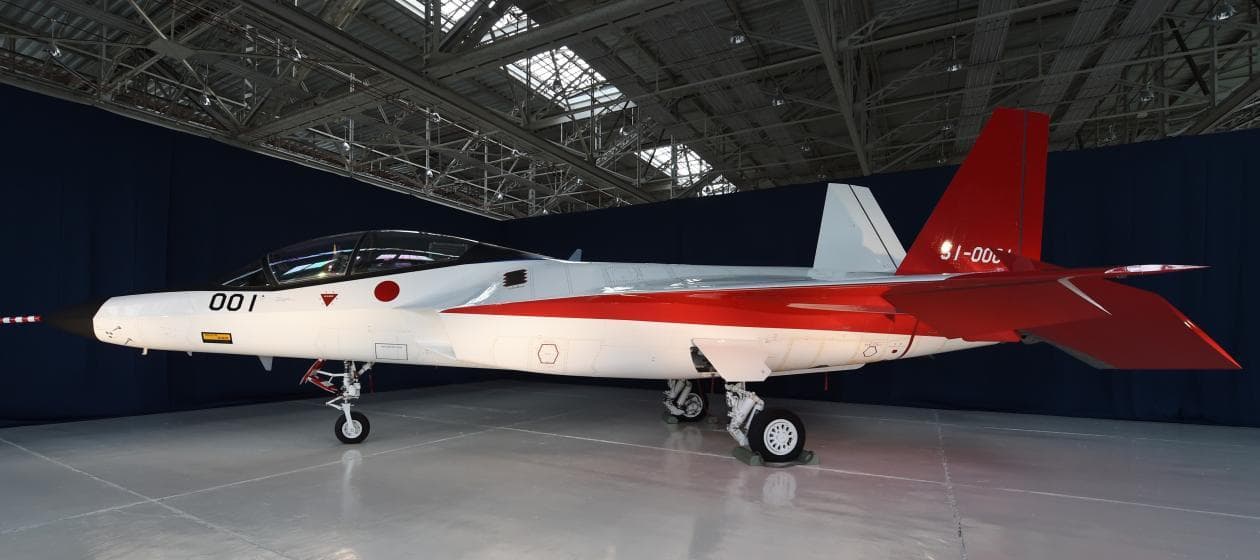REARMING JAPAN'S MILITARY
Japan has every reason to be concerned about the possibility of war and conflict in East Asia right now. With neighbors like China and Russia flexing their muscles in the world stage, Japan's smaller army and defense spending might be feeling inadequate.
Add to that the fact that just 1000 kilometers to its west lies North Korea which has recently detonated a supposed hydrogen bomb.
In response to this, just this month, it has unveiled a prototype of its home grown and developed stealth fighter, the Mitsubishi ATD-X Shinshin, and plans to begin flight tests by some time in February.
The aircraft, which is produced by the Mitsubishi Heavy Industries, Japan's largest military contractor, is currently located at a testing center on a Japan's main island of Honshu. Part of its features include a special coating on the canopy that houses the pilot, as well as a carbon-fiber composite that is able to absorb radar waves, rendering the fighter near-invisible to radar.
If successful, this would make Japan part of the small but elite club of countries that have produced stealth planes—namely the United States, Russia and China. The project, which cost around 40 billion yen ($340 million), began in 2009 after the United States decision not to sell the Lockheed-Martin F-22 Raptor stealth air superiority fighter to Japan leading to its decision to develop its own.
But Japan isn't necessarily going to be producing this stealth fighter any time soon, instead, it may be signalling its allies such as U.S. or Germany that it is willing to develop a fighter through an international partnership.
“In order to participate in a project as an equal partner, Japan has to offer knowledge, experience or technologies worthy of an equal partner,” said aerospace analyst Yoshitomo Aoki in an interview to the Wall Street Journal.
REGIONAL CONFLICTS IN EAST ASIA
Japan's decision is not surprising in the least, as it has grown increasingly concerned after more than six decades of pacifism. Just last year, its parliament approved to a set of controversial bills allowing the country's military to engage in overseas combat assignments, the first time since World War II.
And while the United States has reaffirmed its commitment to defending its allies and interests in the Pacific, it views Japan's mutual cooperation as an important component in securing the region. Japan also knows where its interest lies as Prime Minister Shinzo Abe has slowly begun the process of rearming its military in what he calls "proactive pacifism". Aside from fellow nations, military contractors are also interested in where Japan is going.
Lockheed-Martin says Japan is a promising market for its technologies.
Share This Article
